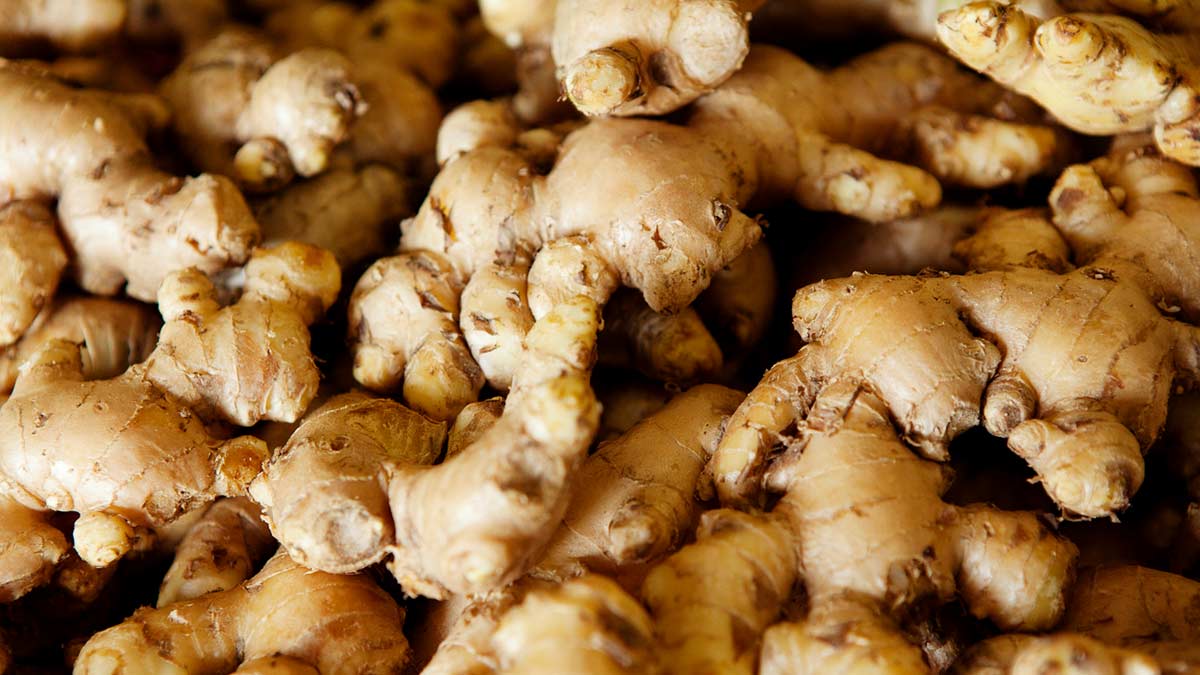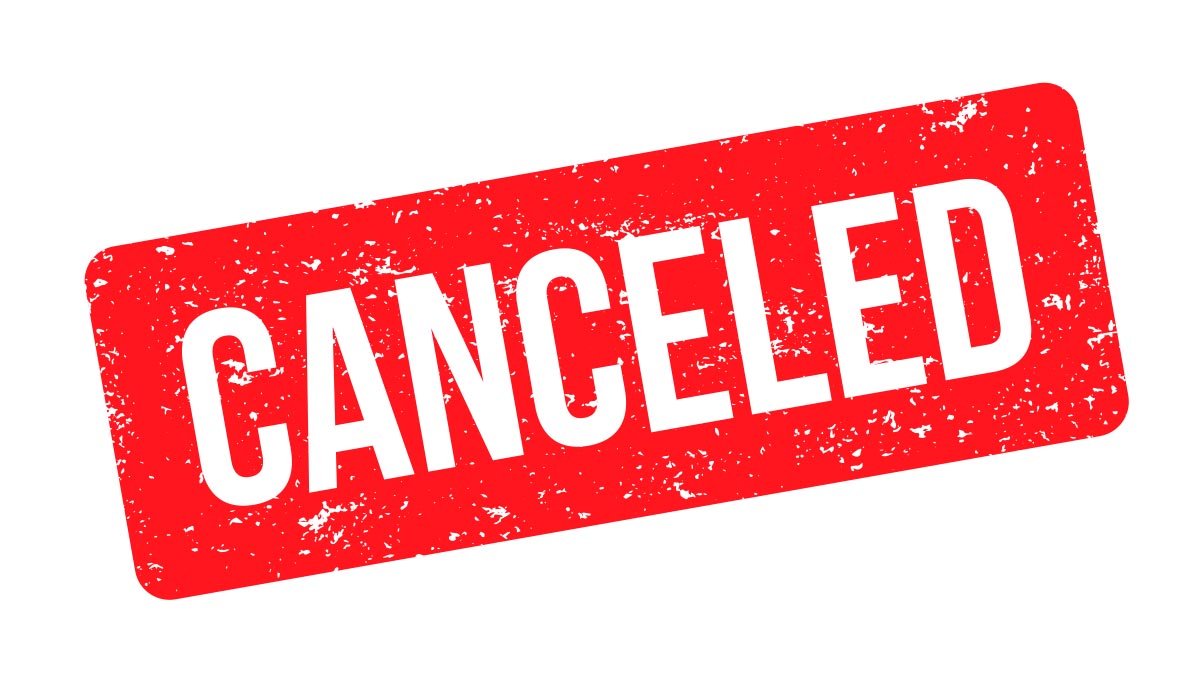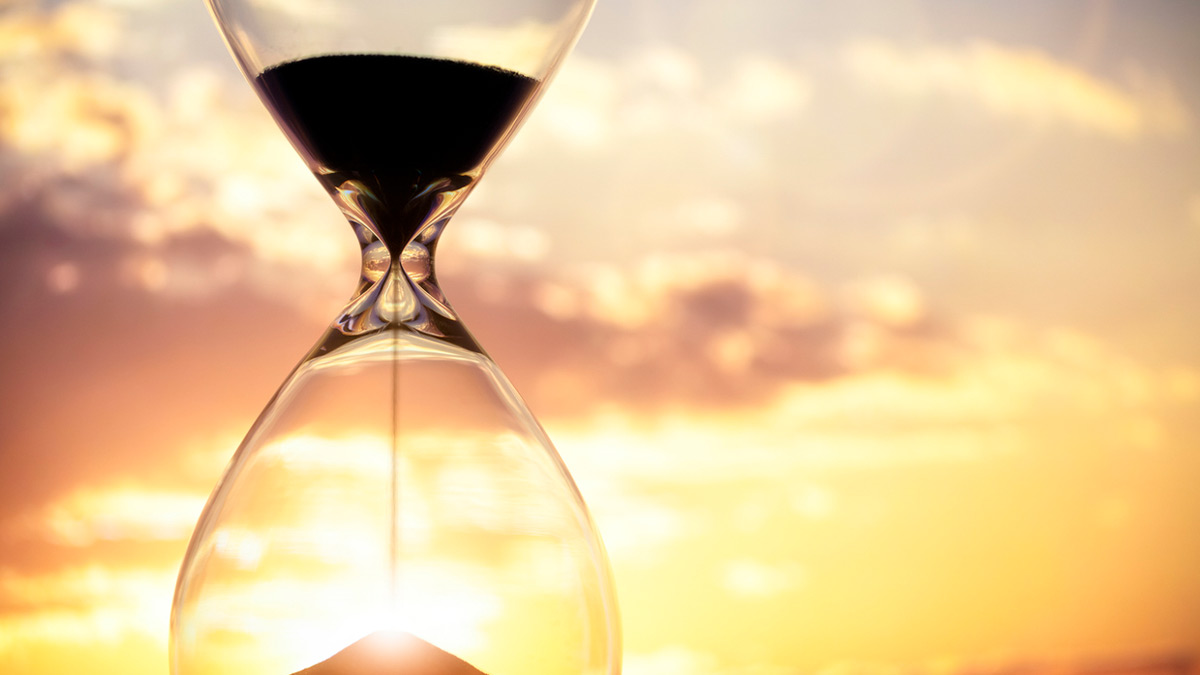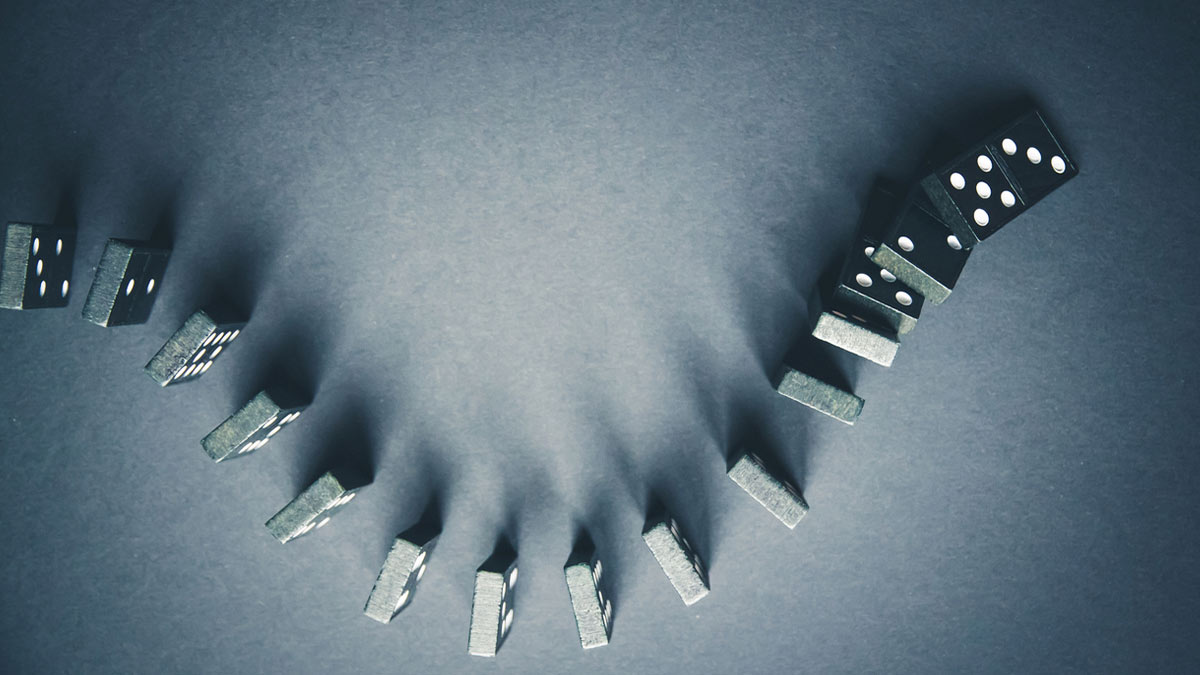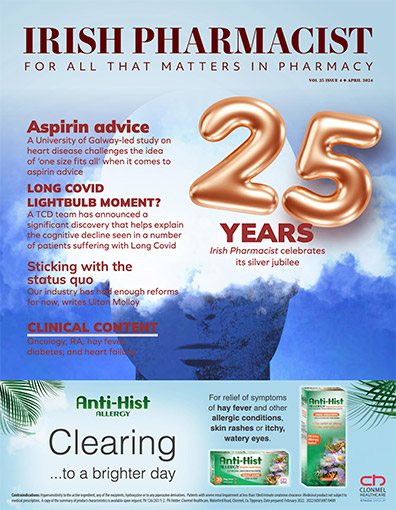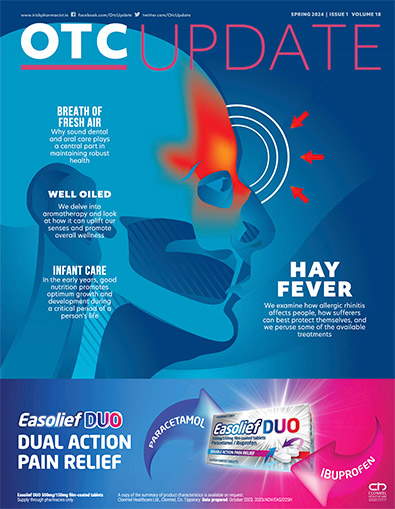Dr Des Corrigan helps to distinguish the evidence on supplements from the ‘fake news’ bombarding your patients
As a retired academic member of the profession, I want to say how proud I am of all of you in all branches of the profession for the magnificent way you have responded to the Covid-19 pandemic. I am full of admiration for the courage that you have shown in the face of the threat posed to you and your families by the virus. I suspect that by the time this gets into print that your public service and professionalism will still be essential to all our wellbeing.
This article was triggered by a photo of a bag of Andrographis powder sent to me by my son in Australia, who told me that he is taking it to boost his immune system. This got me thinking of other immunomodulatory and adaptogenic plants that the ‘worried well’ might be asking questions about at this time. Since I am determined not to act as a cheerleader for any ‘snake-oil salesperson’ trying to mislead a frightened public to make a quick euro, I want to make it clear that none of the natural products under review is in any way a treatment or a preventative of Covid-19 and its complications. The information I offer comes from official peer-reviewed sources and is designed to help you respond to ‘fake news’ or to questions from patients or ones that you might have asked yourself, if you had time to think.
The group of herbs that most immediately come to mind at present are the three echinacea species, because they are the quintessential immunostimulatory plants. Eleven of the 53 products granted registration by the HPRA as traditional herbal medicinal products (THMP) contain Echinacea purpurea herb or root, or a mixture of both. According to the HPRA, the indication for the different brands and dosage forms it has registered is that they are used to relieve common cold and flu-like symptoms in adolescents and adults. The SPC for each product states that it should be started at the first sign of the common cold; that it should not be used for more than 10 days; that it is contraindicated in patients on immunosuppressant medication and in those with autoimmune disorders; and that there is a risk of allergic reactions, especially in those who are atopic.
The Assessment Report on E.purpurea root published by the EMA states that immunomodulatory effects have been shown in a variety of in vitro studies and in the majority of in vivo tests, but concluded that the clinical evidence of efficacy was insufficient tor a Well-Established Use designation. The available clinical evidence did support the plausibility of efficacy for the relief of symptoms of the common cold based on long-standing traditional use.
Manuka honey from New Zealand has been advertised in Irish newspapers as having the ability to boost immunity. There is good evidence of the antibacterial effects of Manuka and other honeys against MRSA, pseudomonas and klebsiella and other pathogens. There is in vitro but not in vivo evidence of antiviral activity against a range of influenza A and B strains. The main clinical use of Manuka is in wound-healing. A 2015 Cochrane Review of 26 trials in 3011 patients found high-quality evidence that honey healed partial thickness burns quicker than conventional treatments, and moderate-quality evidence that it healed infected postoperative wounds quicker than antiseptics and gauze. According to a 2014 review in Wound Repair and Regeneration, this effect on wounds is due to complex immunomodulatory effects by honey constituents that can either stimulate or inhibit cytokines, such as TNF-a and interleukins, depending on the condition of the wound. It would appear, therefore, that Manuka could affect the immune system and that it is a powerful antioxidant, however a PubMed search did not reveal any human studies of overall immune status along the lines of those performed with echinacea.
In the case of the Andrographis paniculata mentioned at the beginning of the article, the EMA has published an assessment report on this plant, traditionally used in Indian and Chinese traditional medicine for coughs, colds and influenza. Pre-clinical studies have shown anti-inflammatory, anti-allergic, immunostimulant and antiviral activity. The effect against avian influenza A (H9N2 and H5N1 strains) and human influenza A (H1N1) was demonstrated both in vitro and in vivo. The EMA report described one RCT of a methanolic extract of the plant in 223 patients with uncomplicated upper respiratory tract infections (URTI). All symptoms in the treatment group decreased from day three to five, whereas sore throat and sleep disturbance increased in the placebo group. A comparative trial involving andrographis and paracetamol in 152 adults with pharyngotonsillitis showed that paracetamol and high dose (6g) Andrographis were more effective than low (3g) dose herb at day three in terms of fever and sore throat, but that there was no difference at day seven.
Manuka honey from New Zealand has been advertised in Irish newspapers as having the ability to boost immunity. There is good evidence of the antibacterial effects of Manuka and other honeys against MRSA, Pseudomonas and Klebsiella, and other pathogens
The EMA report predates a 2017 systematic review and meta-analysis published in the journal PLOS One. This evaluated 33 RCTs involving 7,175 patients and found that the plant had a statistically significant effect in improving overall symptoms of acute respiratory tract infections compared to placebo.
The authors concluded that the evidence suggests that andrographis shortened the duration of cough, sore throat and sick leave time compared to usual care, but that the quality of many trials was poor, so necessitating better designed trials. The EMA was unable to prepare a CHM for andrographis because it has not been on the European market for long enough to meet the requirements of the Medicines Directive.
Both the assessment report and the systematic review commented on the minor nature of gastrointestinal adverse events. This is in contrast to an Australian Therapeutic Goods Administration advisory in 2015 that warned about anaphylactic/allergic reactions, particularly to highly-concentrated extracts made with methanol. No interactions were listed between andrographis and conventional medicines and the same applies to eleutherococcus and rhodolia. However, ginseng may affect the activity of CNS depressants and stimulants, may potentiate antihypertensives, and may reduce the effect of warfarin.
In conclusion, I hope that I have given you some answers to questions that patients may have asked or that you might have thought of yourselves, if the present emergency allowed you time to think of anything other than the wellbeing of your patients, your family, your staff and yourself. Stay well, because we need you now more than ever.



